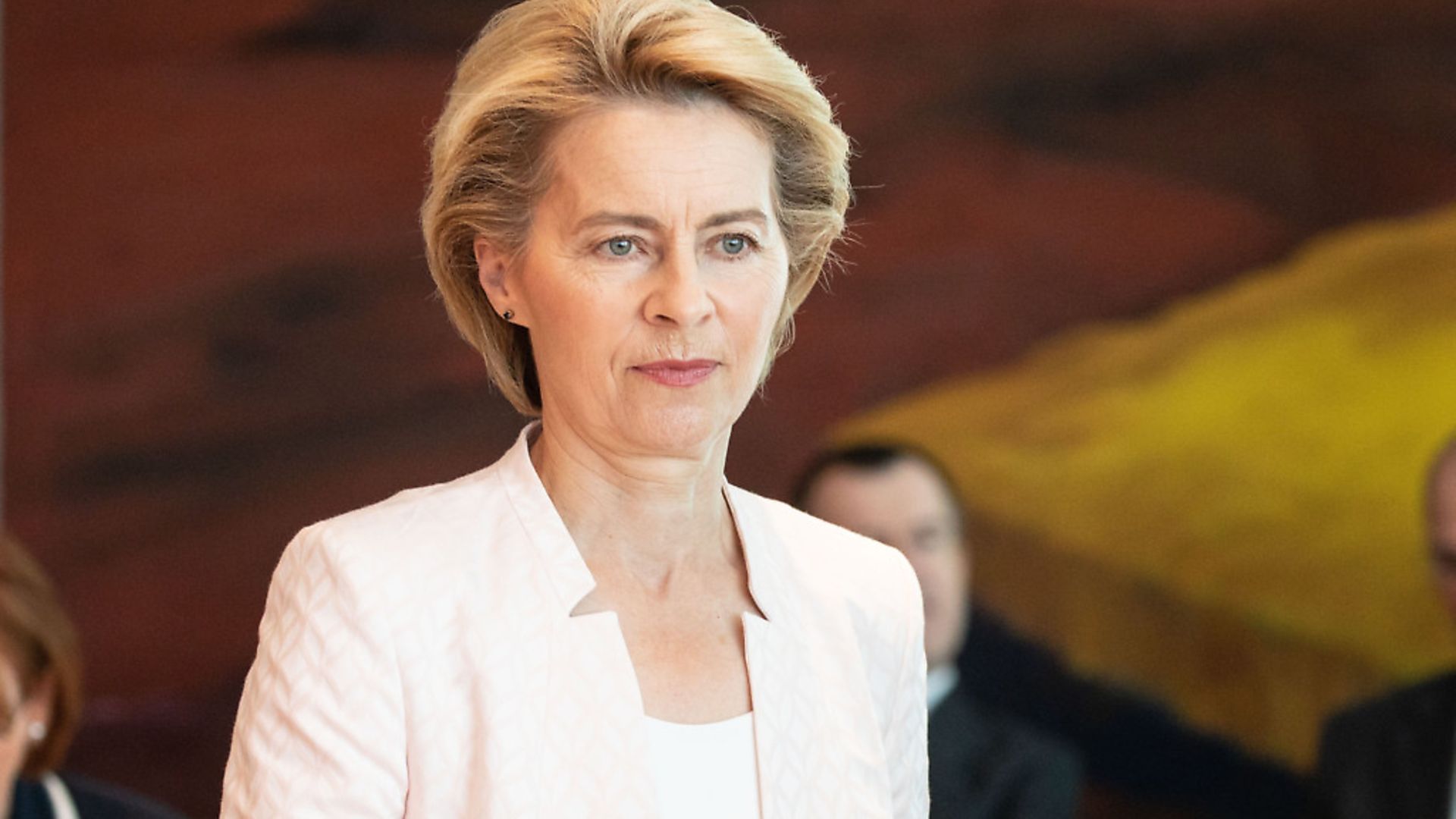
EU Commission president Ursula von der Leyen has said the bloc’s contracts with AstraZeneca – which produces one of several Covid jabs – contains binding orders and clear delivery quantities.
AstraZeneca chief executive Pascal Soriot has said the contract was “not a commitment” and that the firm had only agreed to meet demand to its “best effort”.
Von der Leyen appeared to reject that claim during an interview with German radio Deutschlandfunk on Friday morning.
She said: “‘Best efforts’ applies as long as it was not clear whether [AstraZeneca] could develop a vaccine. This time is now behind us … With the development of a vaccine that works and is safe, there are then clear delivery quantities, both for December of last year as well as the quarters [of this year], the first, second and third quarters. They are in the contract.”
Asked whether the quantities were subject to a “best-effort” limitation, von der Leyen responded: “No. There are binding orders and the contract is crystal-clear. AstraZeneca has expressly assured us in this contract that no other obligations will stand in the way of fulfilling the contract.”
Von der Leyen’s statement comes as the contract between the EU and AstraZeneca was published by the Commission on Friday.
Brussels insisted that UK manufacturing plants should be used to help supply doses of the AstraZeneca jab to the EU.
Eric Mamer, chief spokesmen for the European Commission, said: “We have always said that indeed there are a number of plants which are mentioned in the contract that we have with AstraZeneca, some of which are located in the UK, and it is foreseen that these plants will contribute to the effort of AstraZeneca to deliver doses to the European Union.
“There is absolutely no question for us that this is what the contract specifies.”
AstraZeneca has said part of the reason for the delay was because the EU had concluded its contract with the firm well after the UK had, and because of “teething problems” at some of its manufacturing sites – a claim von der Leyen has strongly rejected.
She added: “It’s not like standing in the line at the bakery, it’s a clear contract. This is about millions of euros that were invested in advance by the European Union.”









